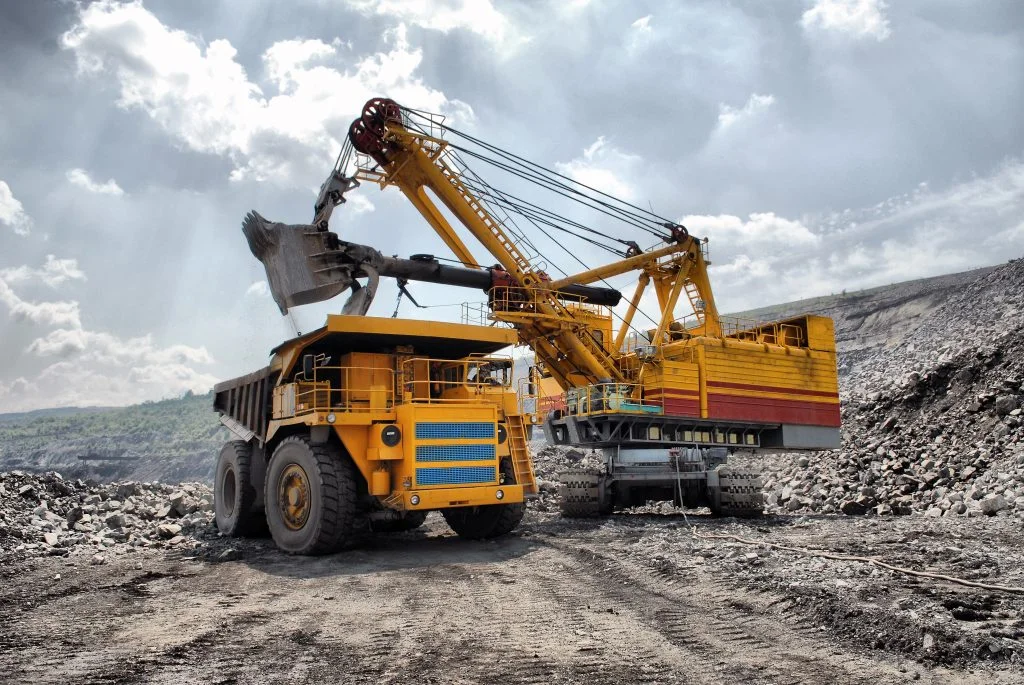In a move that underscores Tanzania’s growing importance in the global critical minerals market, the country has recently inked deals worth US dollars 1 billion with Australia and the United States. As the world pivots towards green energy, the demand for transition minerals has skyrocketed.
With its deposits of critical minerals, Tanzania has positioned itself to play a pivotal role in this global shift. With these new deals, the country’s goal to increase the mining sector’s contribution to its GDP to 10% by 2025 has received a substantial boost.
In April, Tanzania signed contracts totalling US dollar 667 million with three Australian companies focused on mining graphite and rare earth. This partnership extends beyond extraction, as Tanzania seeks to engage Australian firms in providing mining machinery and technology services. This collaboration is expected to bring advanced technology and expertise to Tanzania’s mining sector, enhancing efficiency and productivity.
The United States has shown a keen interest in strengthening bilateral trade and investment with Tanzania. A significant US$500-million trade deal was signed to facilitate the export of goods and services in critical sectors such as infrastructure, energy security, and power generation. Additionally, the United States is backing LifeZone Metals’ construction of a mineral processing plant in Tanzania. This plant, set to commence operations in 2026, will process and export battery-grade nickel to the US using cutting-edge, low-emission technology.
Thanks to the world-class deposits around Lake Victoria, Tanzania’s mining sector, which accounts for over half of the country’s total exports, is dominated by gold. However, the country’s wealth extends beyond gold, encompassing critical and industrial minerals, metallics, coal, uranium, and gemstones, including the unique tanzanite.
Investors have a wide array of opportunities across the entire value chain, from resource extraction to processing precious metals and gemstones, iron ore and steel production, and the electrification of mining regions. Tanzania’s strategic location, with direct trade routes to Asia and access to six landlocked East African countries, makes it an attractive destination for mining investments. The country’s stable operating environment, bolstered by its admission to the Extractive Industries Transparency Initiative, adds to its appeal.
The CMA 2023 summit has set the stage for Tanzania to emerge as a regional leader in the critical minerals market. The country’s recent deals with Australia and the United States are not just about extraction and export; they represent a broader vision. Tanzania aims to develop its mining sector into a sustainable, technologically advanced industry that contributes significantly to its economy and the global supply chain of critical minerals.
As the world transitions to green energy, Tanzania’s role in supplying critical minerals will be crucial. These partnerships, investments, and technological advancements are steps towards a future where Tanzania is not just a source of raw materials but a key player in the global mining industry.
The journey ahead is challenging, but with its abundant resources, strategic partnerships, and clear vision, Tanzania is well-positioned to significantly impact the global stage, driving prosperity and sustainable development for its people and contributing to the world’s green energy transition.
Agreements amounting to a substantial US dollar 667 million have been inked with notable mineral exploration enterprises, namely Evolution Energy Minerals, EcoGraf, and Peak Rare Earths, marking a significant stride in the country’s mining sector. Under these agreements, Peak Rare Earths have been entrusted with mining operations in Ngualla, located in the country’s southwest region and known for its rich mineral deposits. On the other hand, Evolution Energy Minerals has secured rights to mine graphite in the southern belt, a region with significant graphite reserves.
Moreover, EcoGraf has been accorded the responsibility of mining graphite in the eastern expanses and undertaking mineral extraction in the northern region, which holds promise for various mineral resources. These endeavours are expected to bolster the nation’s mining industry, tapping into the vast mineral wealth scattered across different regions.
The Chairman of the Government of Tanzania’s negotiating team, Palamagamba Kabudi, divulged that the Government is set to retain a 16% stake in each of the jointly established entities that will help these projects. This strategic stakeholding is envisioned to ensure that the nation shares in the economic benefits yielded by these mining operations.
These agreements are part of a broader initiative by the Government to expedite negotiations concerning long-standing mining and energy projects. By accelerating these discussions, the Government aims to unlock the immense potential of the nation’s natural resources, propelling the economy forward while fostering sustainable development in the mining sector.
These partnerships with Evolution Energy Minerals, EcoGraf, and Peak Rare Earths set the stage for a robust mining ecosystem, driving investment, generating employment, and contributing significantly to the country’s revenue streams.
You may also read Insights From the Africa Critical Minerals Summit 2023, Held in Cape Town.

